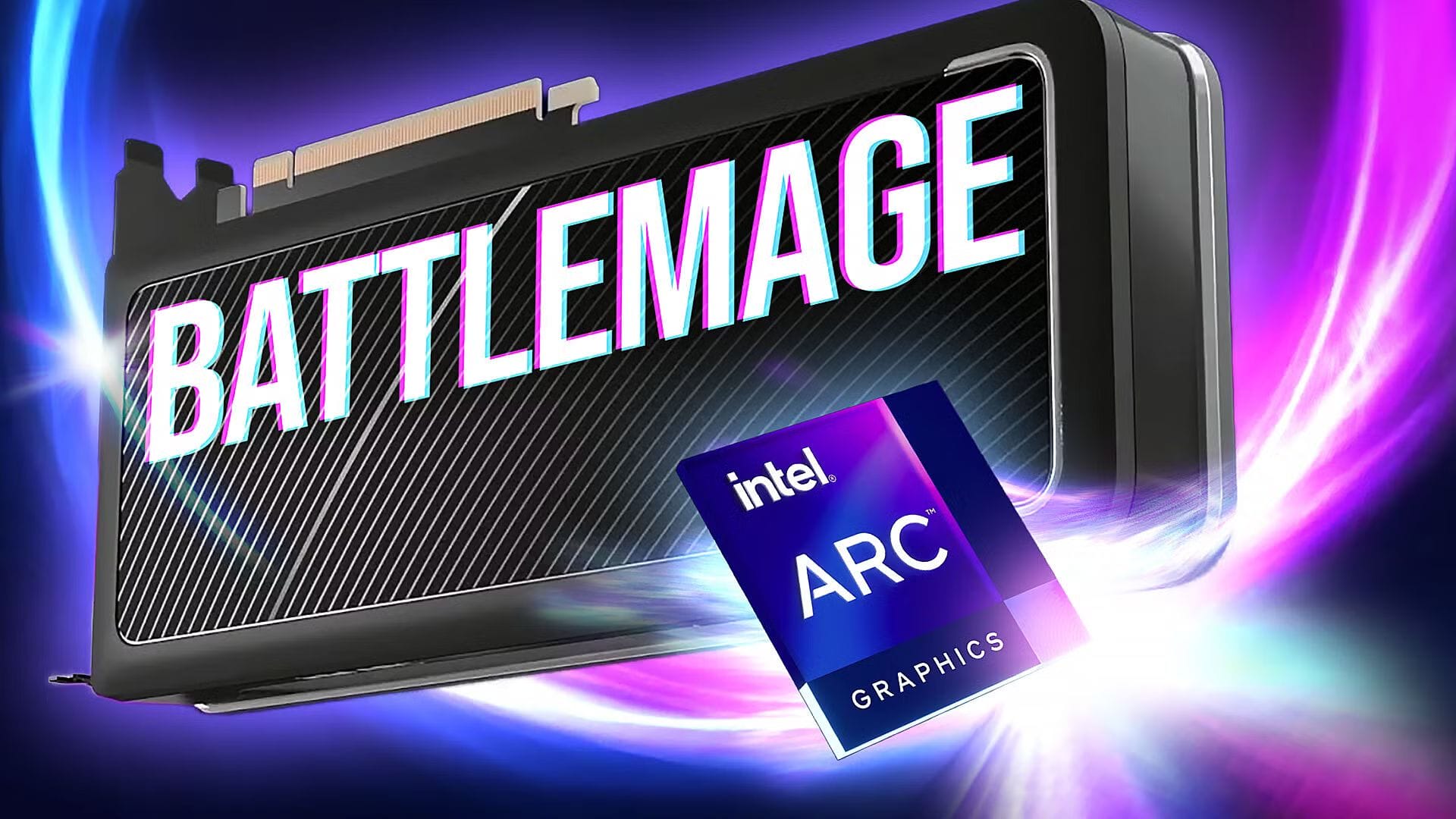Intel’s future in the GPU market looks uncertain
Intel may not release a high-end Battlemage GPU, and Arc Celestial’s future is unclear, leaving gamers with limited options in a challenging market.

The graphics card market is in a tough spot, with prices soaring and stock shortages making it difficult to find a good GPU. With demand at an all-time high, many were hoping for a strong competitor to shake things up. However, a new leak suggests that Intel might not work on a high-end graphics card to follow the Arc B580. The fate of its next-generation Arc Celestial GPUs also remains unclear.
The leak comes from Jaykihn, a known hardware insider on X (formerly Twitter). As with unconfirmed reports, it’s best to take this information cautiously until Intel makes an official statement.
Died in Q3 of last year.
— Jaykihn (@jaykihn0) March 27, 2025
Intel’s top-tier Battlemage GPU is reportedly cancelled
According to Jaykihn, the previously rumoured BMG-G31 GPU is no longer developing. In response to a question about its status, the leaker stated, “Died in Q3 of last year.” This GPU was expected to be Intel’s flagship card for this generation, similar to the Arc A770 but with improved performance. However, instead of pushing out a high-end model, Intel has focused on the mainstream market, releasing the $250 Arc B580.
When asked about the next generation of Intel GPUs, known as Arc Celestial, Jaykihn’s response was vague: “Nothing to report.” While that doesn’t necessarily mean Celestial has been cancelled, it does suggest uncertainty around Intel’s long-term plans for its discrete GPU lineup.
Given how much Intel has already invested in Celestial, it seems unlikely that the project will be scrapped entirely. However, if Battlemage is any indication, Celestial may launch in limited quantities. There are also rumours that Battlemage GPUs might never make it to laptops, which could signal a shift in Intel’s approach to the graphics market.
A missed opportunity in a struggling GPU market
The timing of Intel’s decision couldn’t be worse for gamers. While AMD faces similar issues, Nvidia graphics cards are expensive and often out of stock. With limited options available, a powerful yet affordable Intel GPU could have been a game-changer. The Arc B580 is already a solid option in its price range, but an even better high-end model would have helped fill the gap in the market.
Despite the disappointing news, Intel may still pursue Arc Celestial. The company previously confirmed that development was in progress. While the rumoured B770 may never launch, Intel could still focus on delivering strong performance at a competitive price in the next generation. The downside? If Celestial is still in the works, it will unlikely arrive before 2026.
Intel has been known to surprise the industry, so there’s always a chance for an unexpected announcement. Until then, gamers will have to rely on Nvidia and AMD—if they can find a card in stock at a reasonable price.
















